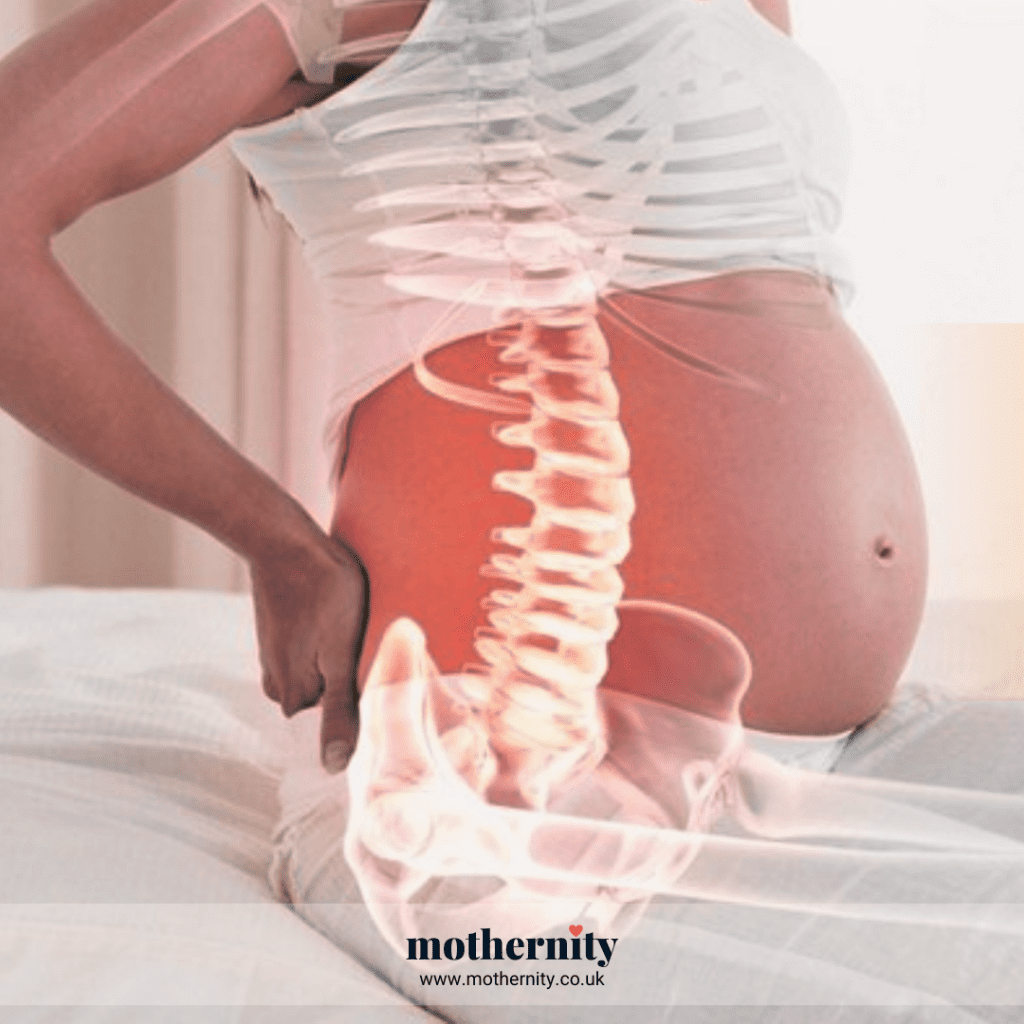
CRITICAL HEALTH & SAFETY DISCLAIMER
mothernity.co.uk is a platform for informational and educational purposes only. This content is based on general research and experienced parent insight and is NOT a substitute for professional medical advice, diagnosis, or treatment. Always seek the advice of your qualified healthcare provider (GP, midwife, or consultant) with any questions you may have regarding a medical condition or before making changes to your health plan or treatments. Never disregard professional medical advice or delay seeking it because of something you have read here.
As you embark on the final leg of this miraculous journey, you may find yourself encountering a familiar but unwelcome companion: sciatica. Ah, the joys of carrying life within you! Today, let’s dive into the world of sciatica in late pregnancy, exploring what it is, why it happens, and most importantly, how you can find relief and keep that radiant glow intact.
The sciatica struggle: what is it?
Sciatica refers to pain that radiates along the path of the sciatic nerve, which runs from your lower back through your hips and down each leg. In late pregnancy, the expanding uterus can exert pressure on the sciatic nerve, causing discomfort, pain, and other sensations that can make the final weeks feel a bit more challenging.
Understanding the culprits: why sciatica strikes in late pregnancy
The late stages of pregnancy bring a symphony of changes to your body, and some of these changes contribute to the onset of sciatica:
- Growing Uterus: As your baby grows, your uterus expands, sometimes pressing on the sciatic nerve.
- Weight Gain: The natural and necessary weight gain during pregnancy can add extra stress to the spine and aggravate the sciatic nerve.
- Shifting Centre of Gravity: Your body adjusts to accommodate your growing belly, altering your centre of gravity. This shift can impact your posture and contribute to sciatic nerve discomfort.
- Hormonal Changes: Pregnancy hormones, particularly relaxin, loosen the ligaments in your pelvis to prepare for childbirth. While essential for labour, this can also affect the stability of your spine and contribute to sciatica.
The dance of discomfort: recognising the symptoms
How do you know if you’re doing the sciatica shuffle? Keep an eye out for these common symptoms:
- Pain that radiates from the lower back down one or both legs.
- Sharp, shooting pain, often on one side of the body.
- Tingling or numbness in the legs or buttocks.
- Muscle weakness in the affected leg.
If you find yourself experiencing these symptoms, fear not! You’re not alone, and there are ways to find relief.

Easing the ache: practical tips for sciatica relief
- Prenatal yoga and stretching:
- Gentle prenatal yoga or stretching exercises can help alleviate nerve pain. Focus on poses that open the hips and gently stretch the lower back.
- Warm compresses:
- Applying a warm compress to the lower back can soothe tight muscles and provide relief. Be sure the compress is not too hot, especially during pregnancy.
- Proper body mechanics:
- Pay attention to your posture, especially when sitting or standing for extended periods. Use a cushion or a rolled-up towel to support your lower back when sitting.
- Pregnancy pillows:
- Invest in a pregnancy pillow to support your body while sleeping. These specially designed pillows can help alleviate pressure on the sciatic nerve and provide better spinal alignment.
- Pelvic floor exercises:
- Strengthening your pelvic floor muscles can contribute to better support for your growing uterus and alleviate some pressure on the sciatic nerve.
- Professional help:
- Consult with your healthcare provider or a physical therapist specialising in prenatal care. They can provide personalised advice and, if necessary, recommend safe exercises or stretches to alleviate lower back pain.
The empathy factor: acknowledging the emotional toll
As you navigate the physical challenges of late pregnancy, it’s crucial to acknowledge the emotional toll that back pain and other discomforts can take. Allow yourself the space to feel, whether it’s frustration, fatigue, or moments of vulnerability. Pregnancy is a journey, and each step, though challenging, is a testament to the strength and resilience within you.
As you waltz through the final stretch of pregnancy, know that you are not alone in the sciatica struggle. This is a temporary challenge, a small bump on the road to meeting your little one. Embrace the support around you, both physical and emotional, and remember that your body is doing something extraordinary.



